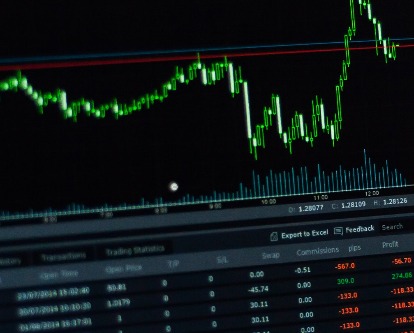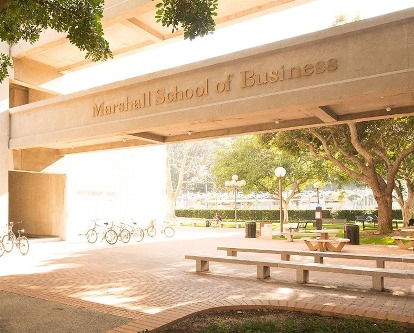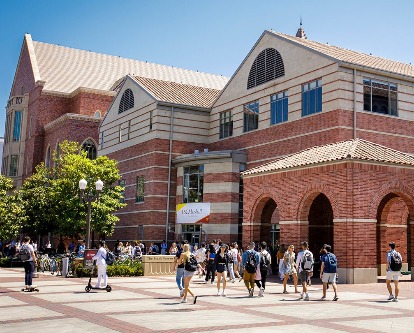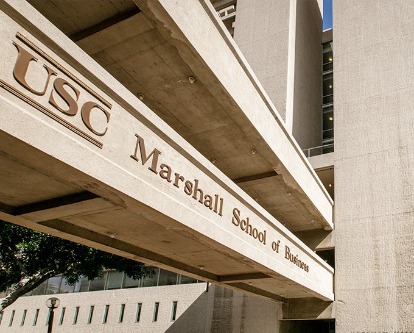We develop a model of financial crises with both a financial amplification mechanism, via frictional intermediation, and a role for sentiment, via time-varying beliefs about an illiquidity state. The model accounts for the entire crisis cycle, matching data on the frothy pre-crisis behavior of asset markets and credit, the sharp transition to a crisis where asset values fall, disintermediation occurs and output falls, and the slow post-crisis recovery in output. Both the intermediation and belief mechanism are essential to match the crisis cycle. However, modeling the belief variation via either a Bayesian or diagnostic model can match the broad patterns.




